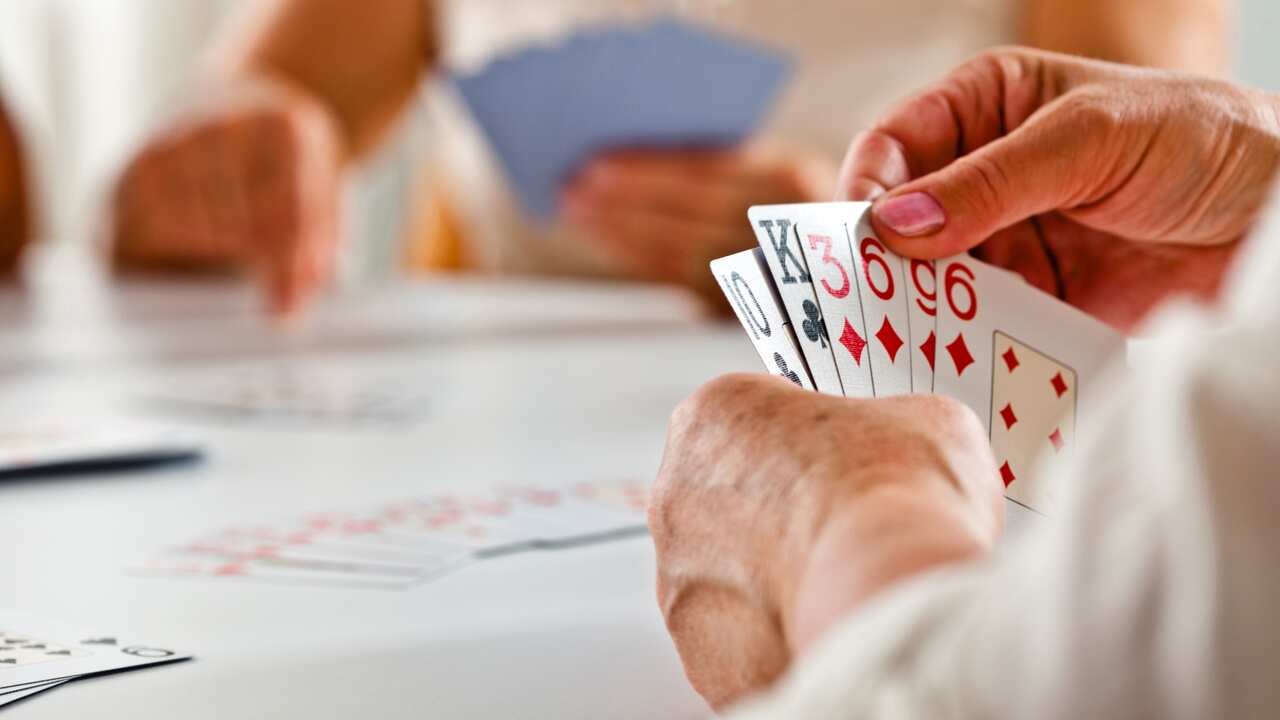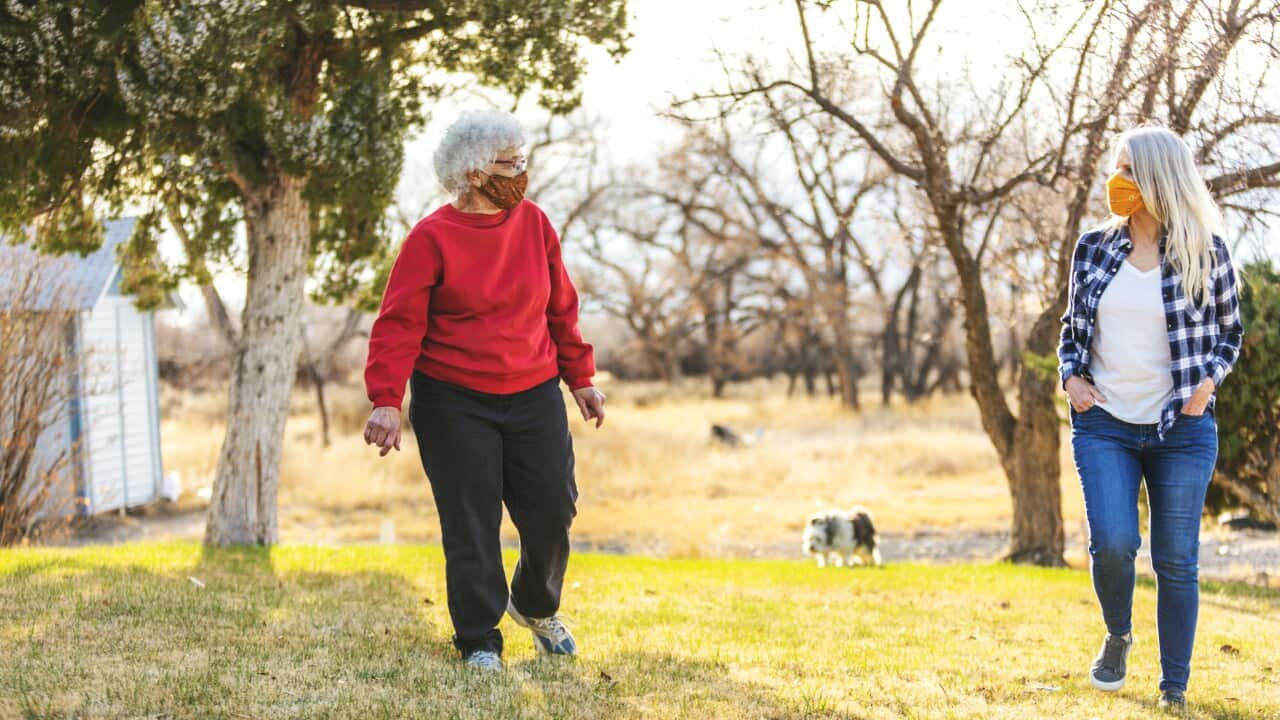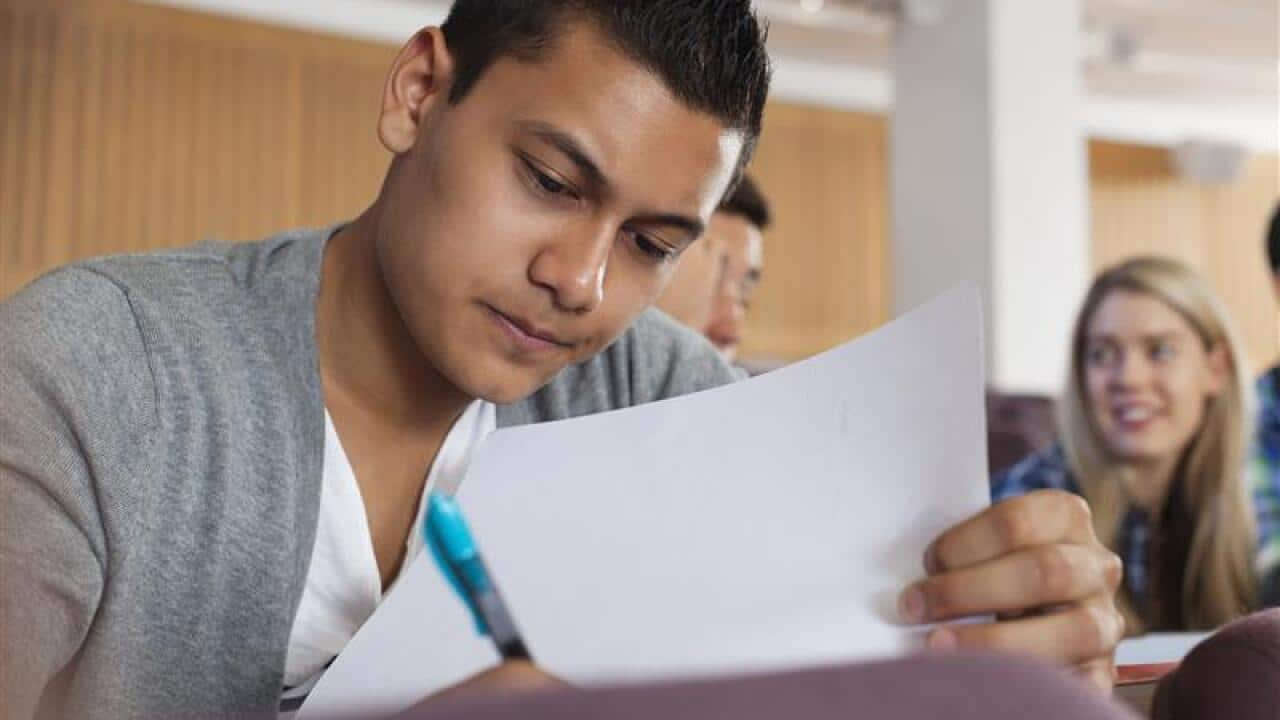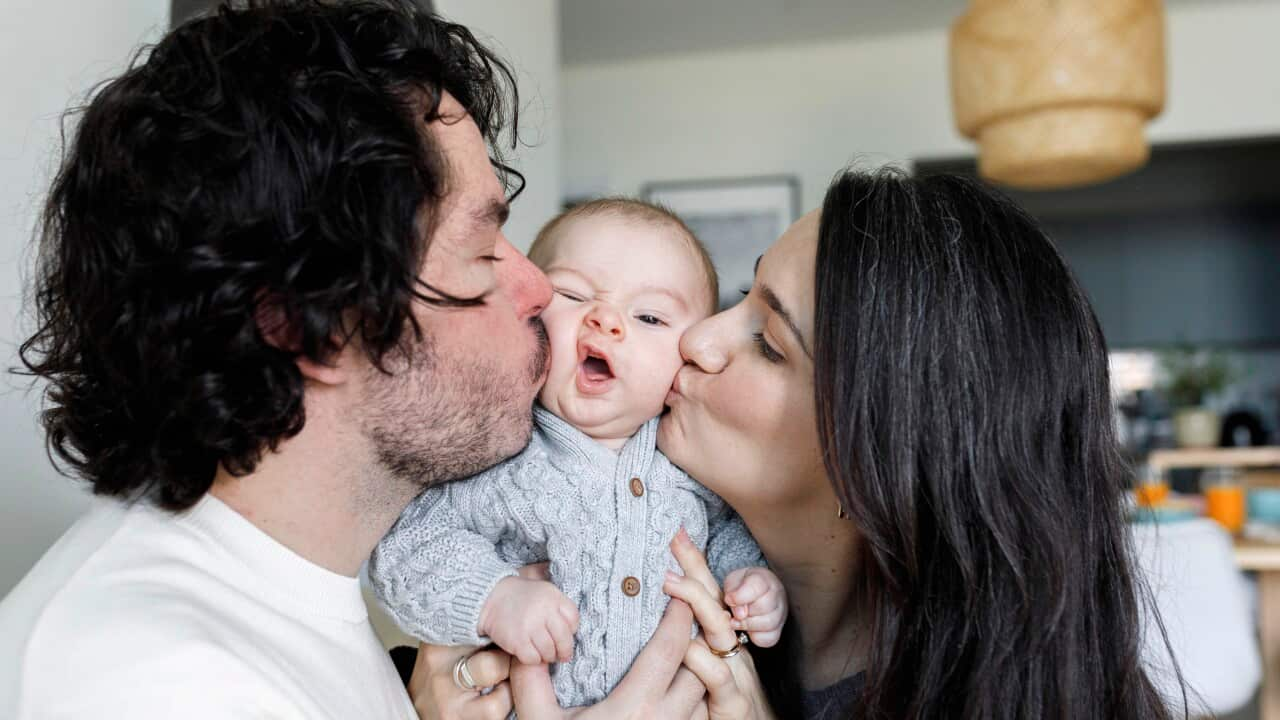Highlights
- Act as if you’ve got coronavirus to practice good social etiquette.
- RMIT research shows that older people find it hard to confront strangers who fail to follow public health guidelines.
- Avoid bringing a plate or sharing food in public.
Living in the middle of a global pandemic changed the way we traditionally socialise and interact.
Henrietta Podgorska, community engagement manager of Perth-based Umbrella Community Care, says that the laughter she used to hear in any given week from over 400 multicultural seniors literally went silent overnight when the organisation started practicing public health measures to curb the virus.
The manager comes every single time there’s a group here and talks about hand hygiene and making sure that people keep themselves distanced.
Podgorska says strict public health measures restricted attendance numbers in social gatherings. Fewer seniors are allowed on shared transport, let alone sit next to each other.
Nurse and RMIT researcher in race, health and digital technologies Dr Ruth De Souza says if you are unsure of the correct etiquette to observe in a COVID-19 world, follow New Zealand prime minister Jacinda Ardern’s simple advice.
If you act as if you might be infectious, it’s quite a good habit to get which is just think about not infecting other people.
Keeping this in mind ensures that you maintain social distance from others, avoid entering crowded environments or places with no air flow, and even demands that you rethink how you practice your faith in a COVID-safe way. Born in Hong Kong, 76-year-old Brisbane retiree Dennis Lee is familiar with public health measures in times of crisis such as the Avian flu and Swine flu outbreaks.
Born in Hong Kong, 76-year-old Brisbane retiree Dennis Lee is familiar with public health measures in times of crisis such as the Avian flu and Swine flu outbreaks.

Source: Getty Images/Sol Stock
People in Hong Kong are used to all the type of measures like wearing mask to go out.
But Australia has a different public attitude as people are still coming to terms with the first major health crisis in a century since the Spanish flu.
A lot of people, especially young people, don’t care but the point is even though you haven’t had the symptoms you can spread it.
These days, Lee avoids going out even if he observes every single preventative measure. He gives a recent example of police counting the number of patrons in a crowded Chinese restaurant.
Every restaurant has a maximum number, if you get numbers exceeded, the restaurant is liable to be fined. “Alone Together” is a pilot study Dr De Souza recently launched in partnership with RMIT, Monash University, University of Melbourne, Bendigo Hospital and the Australian Digital Health Agency.
“Alone Together” is a pilot study Dr De Souza recently launched in partnership with RMIT, Monash University, University of Melbourne, Bendigo Hospital and the Australian Digital Health Agency.

Source: Getty Image / Robert Bye on Unsplash
The study seeks to uncover how COVID-19 is affecting seniors aged over 65 from multicultural backgrounds.
Her research finds that older people are very afraid of challenging strangers or even neighbours about irresponsible behaviours.
One of the women said that she was afraid of challenging anyone because she could be exposed to stranger violence.
Some people have learnt to take extra precautions like carrying hand sanitiser everywhere and not waiting for other people to take preventative measures.
For example, when they see someone coming towards them on the footpath, rather than waiting to see if the other person will move off the footpath, they are the ones that are doing the physical distancing by walking off the footpath to the side and waiting for people to pass.
A bit like defensive driving: rather than waiting for someone else to do the right thing they just assume that they are potentially vulnerable.
New social etiquette imbedded with strict hygiene measures have prevented Lee from going to his social bridge club which reopened over four months ago.
Players are required to keep a physical distance of 1.5 metres, in addition, they need to clean the cards with antiseptics after each game.

Source: Getty Images/ Izusek
We are not allowed to bring food or not even allowed to have a cup of tea or coffee. You have to bring your own.
Western Australia is one of the most successful Australian states in managing COVID-19. Yet, for many multicultural seniors, the restricted freedom to move about comes with the price of socialising in ways that feel unnatural.
Some people make amazing chilli or jam and we actually ask them not to do that because if something happens that could also be a source of issue.
As much as we all crave social connections, Podgorska says it’s vital that people stay home when they feel unwell even with the mildest symptom.
Podgorska says many multicultural seniors find that the hardest social etiquette to observe is not hugging and kissing each other.
We all had to learn the elbow greeting or just a wave so depending on how close they are.
Dr De Souza says COVID-safe greetings in a socially appropriate manner needn’t stop at elbow bumps and waves.
In my culture, we put both our hands together and we bow in front of other people.
She observes that this COVID-19 world now requires us to think of others and ourselves in a socially responsible manner.
A key aspect is to socialise and celebrate important occasions with fewer people, preferably outdoors.
All of the things that we think of as being social have now become anti-social, just being careful because we are not out of the woods yet.
Podgorska often draws on the resilience and strength of many of her clients who are World War II survivors.
She says the key to staying positive is to maintain a sense of hope.
Now this is what we need to do but it’s not forever and one day we can kiss and hug again and share food again just the same way we did before.
People in Australia must stay at least 1.5 metres away from others. Check your state’s restrictions on gathering limits.
Check your state’s restrictions on gathering limits.

Source: AAP Image/AP Photo/Kin Cheung
If you are experiencing cold or flu symptoms, stay home and arrange a test by calling your doctor or contact the Coronavirus Health Information Hotline on 1800 020 080.
Please check the relevant guidelines for your state or territory: , , , , , , .






